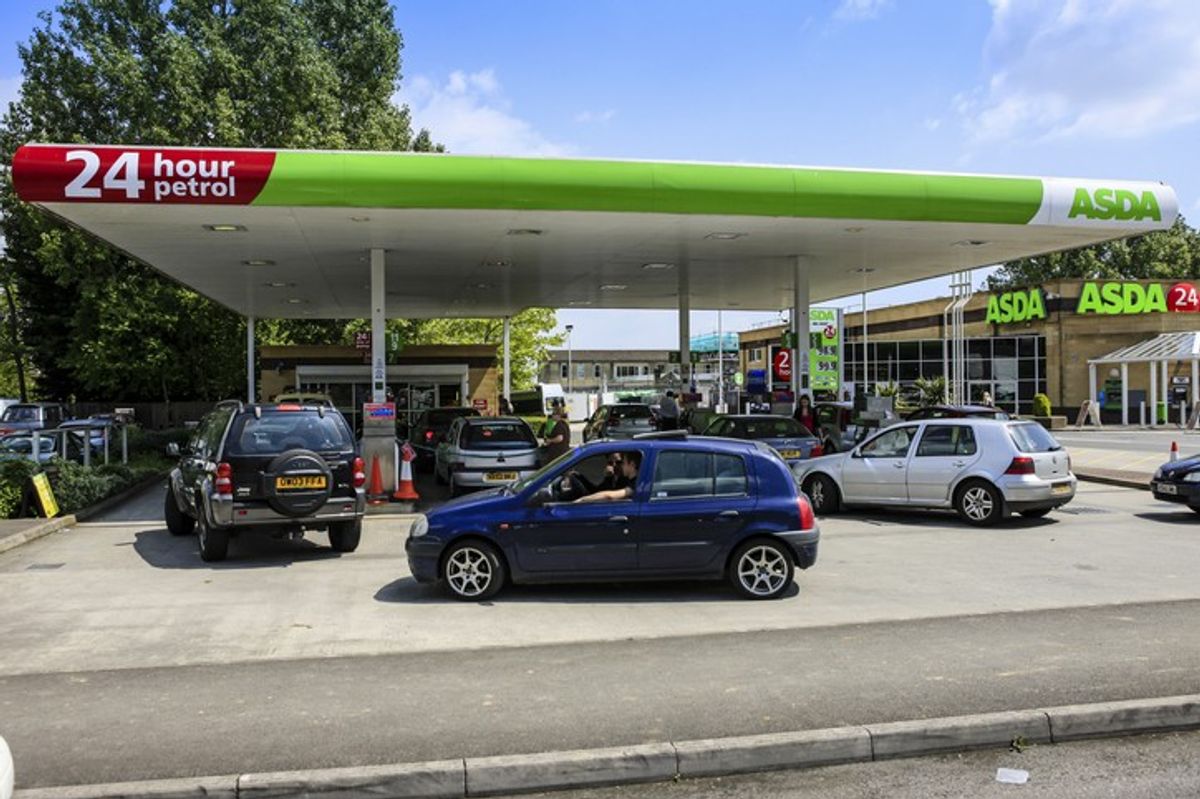The UK’s petrol forecourt retailers have invested almost £19,000 on average per store last year, compared to less than £12,000 in the previous year, states 2024 ACS Forecourt Report released today (23), providing an overview of the 8,347 forecourt sites in the UK, the products and services they offer, and the customers they serve.
The UK forecourt sector creates over 89,000 jobs, with one in four colleagues (26 per cent) being in the business for more than 10 years. The value of sales in the forecourt sector has reached £5bn in the last year (excluding fuel), ACS 2024 Forecourt Report states.
84 per cent of forecourt retailers are active in their communities, raising money for local charities, getting involved with local projects, and donating to food banks. Petrol forecourts were ranked as the fifth most essential service on local high streets, behind banks and ahead of pubs/bars.
17 per cent of UK forecourts now have pay at pump facilities, with 6 per cent providing EV charging points
The Forecourt Report also highlights trends in electric vehicle charging and new car sales. Compared to last year, significantly more charging points (59 per cent) are now categorised as ‘slow’ chargers, as battery and charging technology improves and ultra-rapid chargers are getting faster than ever before. There are now almost 1.2m fully electric vehicles and around 680,000 plug-in hybrid vehicles registered in the UK.
ACS chief executive James Lowman said: “Forecourt retailers have made significant investments in improving their offer to customers over the last year, spending money on futureproofing their stores through new technology and refrigeration, as well as into services like parcel collection points and click and collect for groceries.
“Investments in facilities for motorists to power their vehicles – whether that’s EV charging, new tanks or pump technology – come with high cost and risk for these businesses against the backdrop of uncertainty over the rate of EV adoption and future fuel margins. Whereas changes to stores are usually small and iterative and can be reversed and altered at a proportionate cost, each of these infrastructure investments is business critical. The sector needs consistency, certainty and feasible lead times to plan effectively.
“It’s also encouraging to see that more forecourt retailers are investing time and effort into community engagement. For tens of thousands of people, their main local shop also sells fuel, so being a community hub is just as important for forecourt retailers as it is for their standalone convenience counterparts.”


